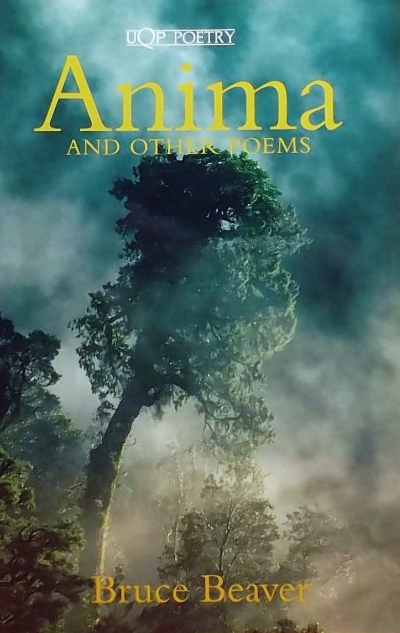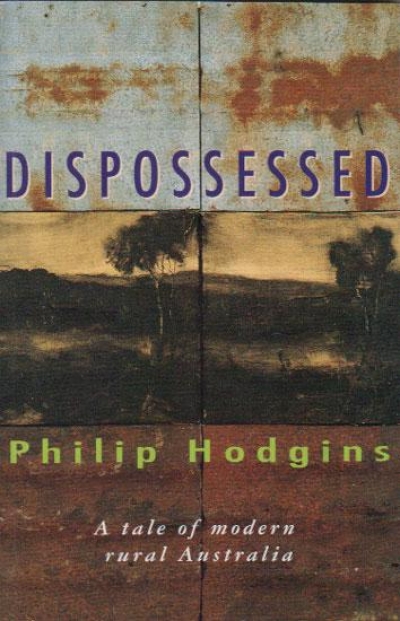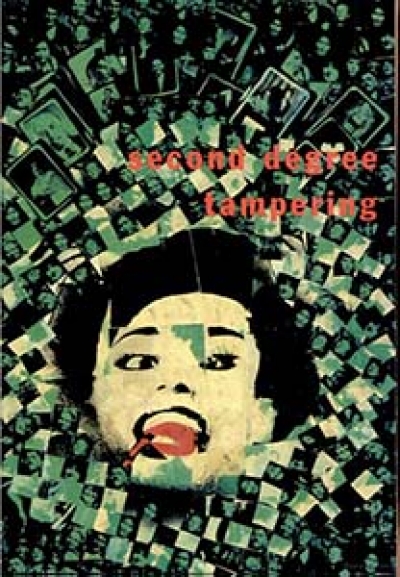Australian Poetry
Without the support of a recognisably unified literary tradition, the Australian poet has had to come to terms with the diverse elements of an increasingly heterogeneous culture. Australia is, was, and ever shall be, someone else’s country, a homeland so fundamentally altered as a concept as to be no longer comfortably recognisable as ‘Home’. Paradoxically, if anything has drawn Australian poets together, it has been a strong attachment to the physical environment, the strange and often harsh beauty of an ancient land but one no longer a comfortingly European possession. As far as forms, genres, literary concepts are concerned, writers have had to draw on their own particular sense of a cultural past that has been, for the most part, European in origin. With the passing of time, a growing disharmony has arisen between the natural rhythms of the land and its hapless European inheritors. This alienation has announced itself often enough in poems of nostalgia, loss, and lovelessness.
... (read more)Anyone who has had the experience of trying to translate a poem across even a fairly low-density language barrier (say German or French into English) will have tasted the near despair of finding oneself in danger of killing that in the creature that one most wanted to save. Sometimes it feels like cutting down the tree and whittling from the wood a mere mock replica of it – the sap goes, the leaves in all their lively beauty disappear, and at best there’s an artifact which cleverly reproduces the mere outlines of what was once brimming with life.
... (read more)When I visited Bruce and Brenda Beaver in their Manly flat it was a sparkling day. The water of the Harbour was glittering, and the pines on the foreshore were stirring only slightly in the breeze. But, however soothing the weather, I was nervous. For me, Bruce Beaver is huge, a poet of the first order, and his extraordinarily difficult life, the periods of debilitating sickness and the various almost mythic stories that attach themselves to his history, all added up to make me feel very nervous indeed.
And his wife, Brenda had made it very clear that my being able to come to see him was a privilege. She protects him fiercely, with constant courage, and if I hadn’t read Bruce Beaver’s superb love poems to this woman, I would have been even more nervous when my companion and I knocked on their door.
... (read more)Despite the protestations of my close friends I choose to regard myself as a normal person. Only at certain times of the year do I realise how tenuous are my links with the mundane world.
One of these troublesome occasions is when I prepare my income tax form.
... (read more)





